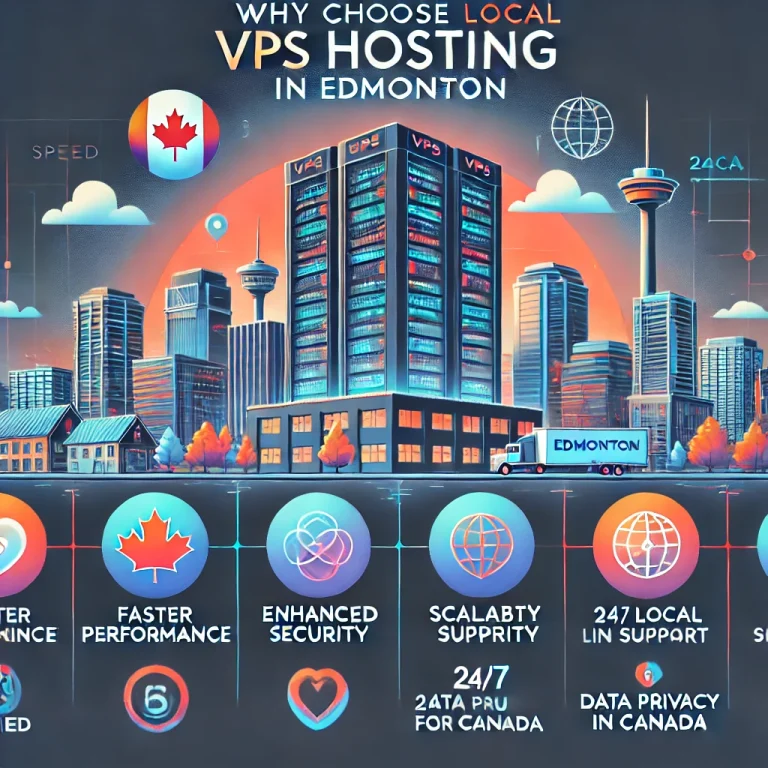
 Reading Time: 20 minutes
Reading Time: 20 minutes
The familiar scenario for any WooCommerce store is the thrill of seeing a customer add items to their cart, the anticipation as they head to checkout-once there, nothing, just an empty digital space where a sale once should have been. This too common phenomenon is an abandoned cart, and it's less a glitch and more of a missed connection. What happened? Did they get distracted, second-guessing their purchase, or maybe a hurdle on your site? The reasons vary, but here's the indisputable truth: A whopping 70% of online shopping carts are abandoned (as various industry analyses confirm!). That's a big chunk of your hard work and marketing efforts washing down the drain. But if you could reach out, re-engage, and gently lead those nearly-buyers back into their waiting carts? That's precisely where the magic of WooCommerce abandoned cart recovery plugins comes into play. This isn't just the idea of automated email sending; it's about customer behavior and giving them the right nudge at the right time. In this comprehensive and hands-on guide, we will embark on a journey that explores these vital plugins. We will uncover their importance in increasing your bottom line, unravel how they work, and land the top picks that can truly change your sales recovery game. Whether you're running a small business with robust web hosting services Vancouver businesses rely on, these strategies are your key to regaining lost sales. Are you ready to recover your lost sales? Let's jump right in! What is cart abandonment? Have you ever put a bunch of items in an online shopping cart and then abandoned your cart without hitting the buy button? That’s called cart abandonment, and it happens all the time! Essentially, cart abandonment is when a customer has looked at your great products and put something in their online cart, and then, BAM! The customer leaves your store and never completes the purchase. The customer saw something they really liked but didn’t complete the final step. And guess what? Cart abandonment is common in online shopping, as nearly 66.5% of carts are abandoned on average. That’s a lot of lost sales! Don’t worry! If you own a...




















